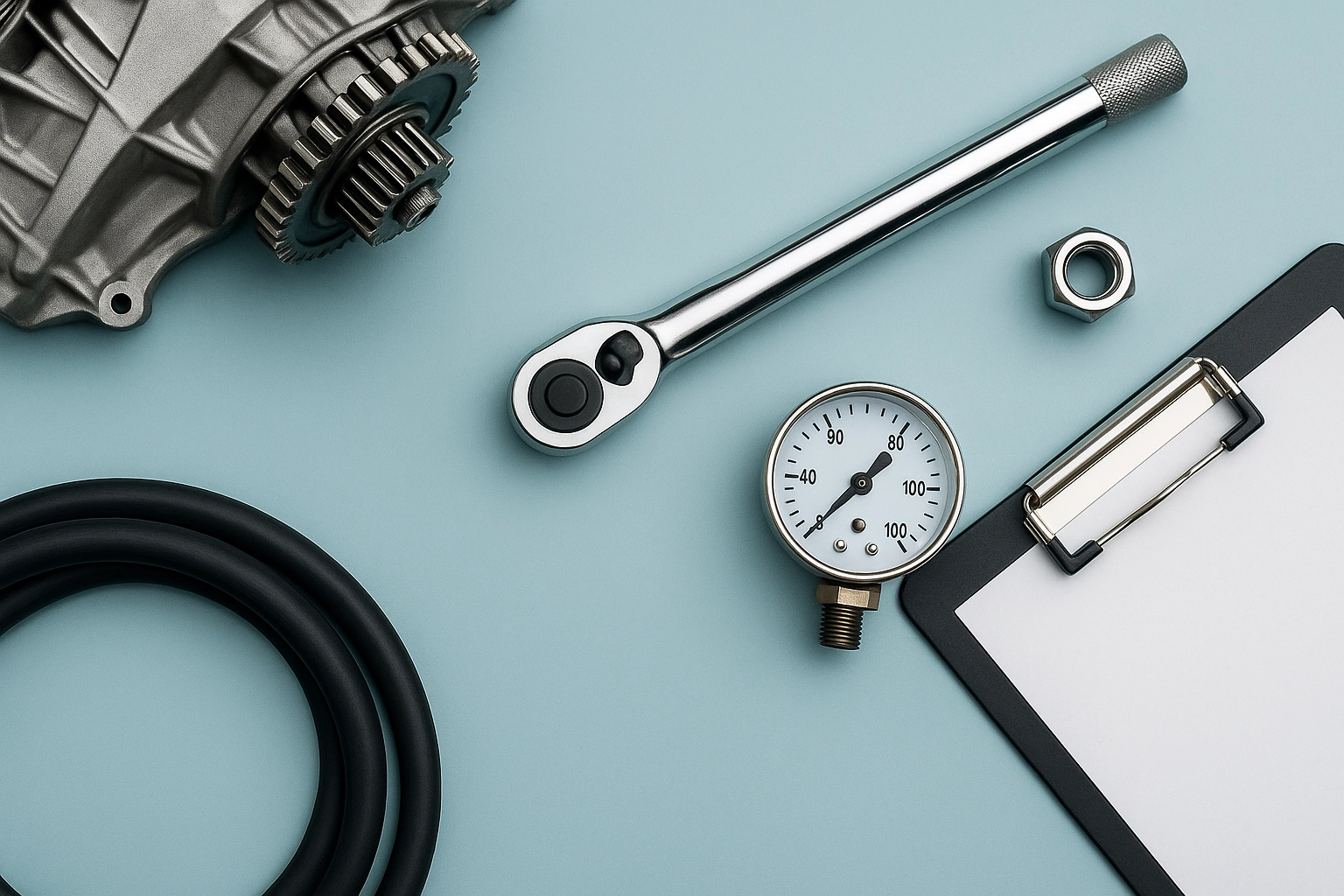ASTM D2570 Simulated Service Corrosion Testing in Coolants
The ASTM D2570 standard is a crucial method used to evaluate the corrosion resistance of metals and alloys intended for use in automotive cooling systems. This testing procedure simulates real-world operating conditions, providing insights into how different materials will perform under simulated service environments. The test is particularly relevant as it helps manufacturers ensure their products can withstand harsh environmental conditions, thereby enhancing product reliability and longevity.
The corrosion resistance of cooling system components is a critical factor in the automotive industry due to the corrosive nature of engine coolants. Coolant contains ethylene glycol or propylene glycol, which not only serves as an antifreeze but also has properties that can lead to metal degradation over time if not properly managed. ASTM D2570 provides a standardized method for testing these materials in a controlled environment that mimics the actual service conditions.
The testing process involves exposing specimens to a simulated coolant solution under controlled temperature and pressure environments, replicating typical operating conditions such as high temperatures during engine operation. The exposure time varies depending on the specific requirements of the material being tested but typically ranges from 100 hours up to 500 hours. During this period, the test apparatus maintains precise control over the parameters that mimic real-world usage.
This standardized approach ensures consistency and comparability across different manufacturers and products, which is essential for maintaining high-quality standards within the industry. It also facilitates better decision-making during R&D phases by providing data on material performance under stressors similar to those encountered in actual use. Compliance with this standard helps automotive companies meet regulatory requirements while improving product quality.
One of the key aspects of ASTM D2570 is its ability to predict potential issues early in development stages, allowing for timely modifications and improvements before products reach market readiness. This not only reduces costs associated with late-stage changes but also enhances overall performance by addressing vulnerabilities before they become significant problems.
- Improved Material Selection: By identifying materials that perform well under simulated service conditions early in the design process, companies can make more informed decisions about which materials to use for their products.
- Risk Mitigation: Early identification of potential corrosion issues allows manufacturers to implement mitigation strategies at an earlier stage, reducing risks associated with product failures.
- Informed Decision-Making: The results from ASTM D2570 provide valuable information about the expected performance of materials under real-world conditions, guiding decisions related to design and manufacturing processes.
The detailed nature of the test ensures that all relevant factors are accounted for when evaluating material suitability. From the initial preparation of specimens to the final analysis of results, every step is meticulously planned to provide accurate representations of how various materials will behave in actual use.
Benefits
The benefits of ASTM D2570 testing extend beyond just ensuring compliance with industry standards; it offers numerous advantages that contribute significantly to the overall quality and reliability of automotive cooling systems. One major benefit is improved product longevity, as materials subjected to this test are more likely to resist corrosion over extended periods.
Additionally, by identifying weak points early in the development process through ASTM D2570 testing, manufacturers can enhance their products' durability and performance. This results not only in better-performing vehicles but also in reduced maintenance costs for consumers due to fewer replacements or repairs needed.
The standard also supports sustainability efforts within the automotive industry by promoting the use of eco-friendly materials that are less prone to degradation over time. By choosing sustainable options recommended through ASTM D2570 testing, companies contribute positively towards reducing waste and environmental impact throughout the lifecycle of their products.
Another significant advantage lies in regulatory compliance, ensuring that all tested components meet necessary requirements set forth by governing bodies like the Environmental Protection Agency (EPA). Meeting these standards not only avoids penalties but also helps build consumer trust and confidence in brand reliability.
Industry Applications
ASTM D2570 is widely used across various segments of the automotive industry where cooling system components are critical to vehicle performance. This includes original equipment manufacturers (OEMs), Tier 1 suppliers, and independent testing laboratories specializing in material characterization.
In OEM settings, this test serves as an essential tool for quality control purposes, ensuring that new designs adhere to strict corrosion resistance standards before being integrated into production lines. For Tier 1 suppliers, compliance with ASTM D2570 ensures consistency across different manufacturing processes and facilities worldwide, facilitating seamless integration of components into various vehicle models.
Independent testing laboratories also rely heavily on this standard when conducting third-party evaluations or certification programs for cooling system parts. By adhering to the same rigorous protocols outlined in ASTM D2570, these labs maintain credibility and accuracy in their assessments.
The application of ASTM D2570 extends beyond just new product development; it plays a vital role during maintenance intervals too. Automotive service centers may use this test when troubleshooting specific issues related to cooling system failures, helping them pinpoint the root cause more accurately.





